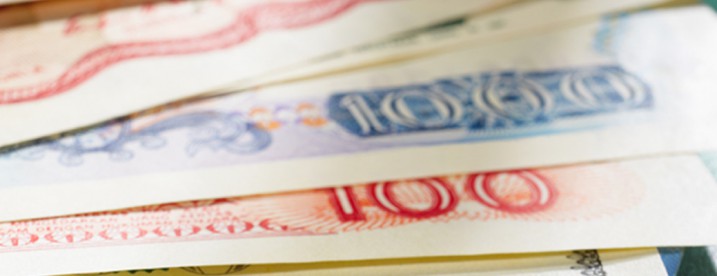By Brian LeBlanc, May 23, 2014

It can be tough to impose economic sanctions against Russian citizens if you can’t find their money. Russia’s very complex relationship with tax havens could make this more difficult.
It is also tough to try to pinpoint exactly how much Russian money is being held in tax havens due to the fact that a lot of it isn’t reported to Russian officials/international organizations like the IMF (that’s the whole point of hiding your money in a tax haven).
The amount that is actually reported is pretty jaw-dropping. Approximately 61% of Russia’s $403 billion in outward Foreign Direct Investment (FDI) is held in tax havens:
Just to be clear, FDI is any amount of investment in a entity which gives the investor some control over that entity’s operations. So, if a Russian billionaire incorporates an entity in Cyprus (often these entities in tax havens are just bogus “shell” entities), and invests $1,000,000 into the entity, that will show up in the FDI statistics.
By Brian LeBlanc, May 2, 2014

There has been a lot of talk in recent years regarding the extent of China’s investment in the United States. Most of this has been centered on China’s admittedly large holdings of U.S. debt, but the fear has spilled over to other forms of investment as well. A 2012 report filed by the US-China Economic and Security Review Commission, an entity created by Congress in 2000, went as far as recommending that the Committee on Foreign Investment in the US be amended to add a required litmus test for Chinese investment, specifically. This test would make it mandatory to analyze the “net economic benefit” of all proposed Chinese investment in the United States before it is approved.
Being fair, a lot of this has to do with national security, with the rational that Chinese acquisitions of telecommunication companies (for example) might pose a threat to the “cyber and physical infrastructure services critical to maintaining the national defense, continuity of government, economic prosperity, and quality of life in the United States.” How much of this is legitimate I’m not sure of.
Still, does China own an outsized portion of US assets compared to the rest of the world? The short answer is no, not even close.


